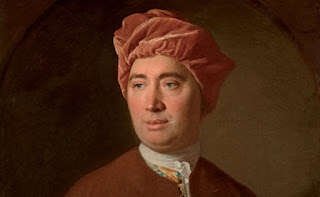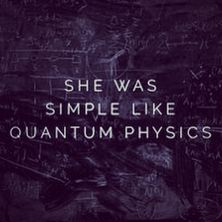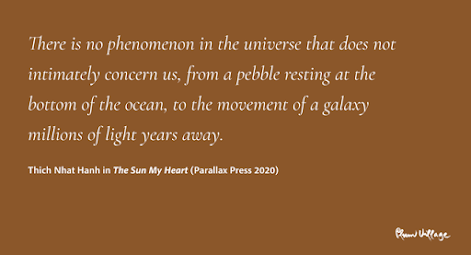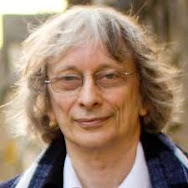Emergence

Quote from Wikipedia: In philosophy , systems theory , science , and art , emergence occurs when an entity is observed to have properties its parts do not have on their own, properties or behaviors which emerge only when the parts interact in a wider whole. Emergence plays a central role in theories of integrative levels and of complex systems . For instance, the phenomenon of life as studied in biology is an emergent property of chemistry , and many psychological phenomena are known to emerge from underlying neurobiological processes. The fractal patterns in a snowflake can be an example in physical system. Photo by Nathan-Myhrvold How about consciousness? Well philosophers doesn't agree, as usual. But lets's say that information shared through the world - like this, can be controlled, questioned and made more accurate. Then new knowledge can be made of it. I guess Wikipedia is an example of that. Even i






